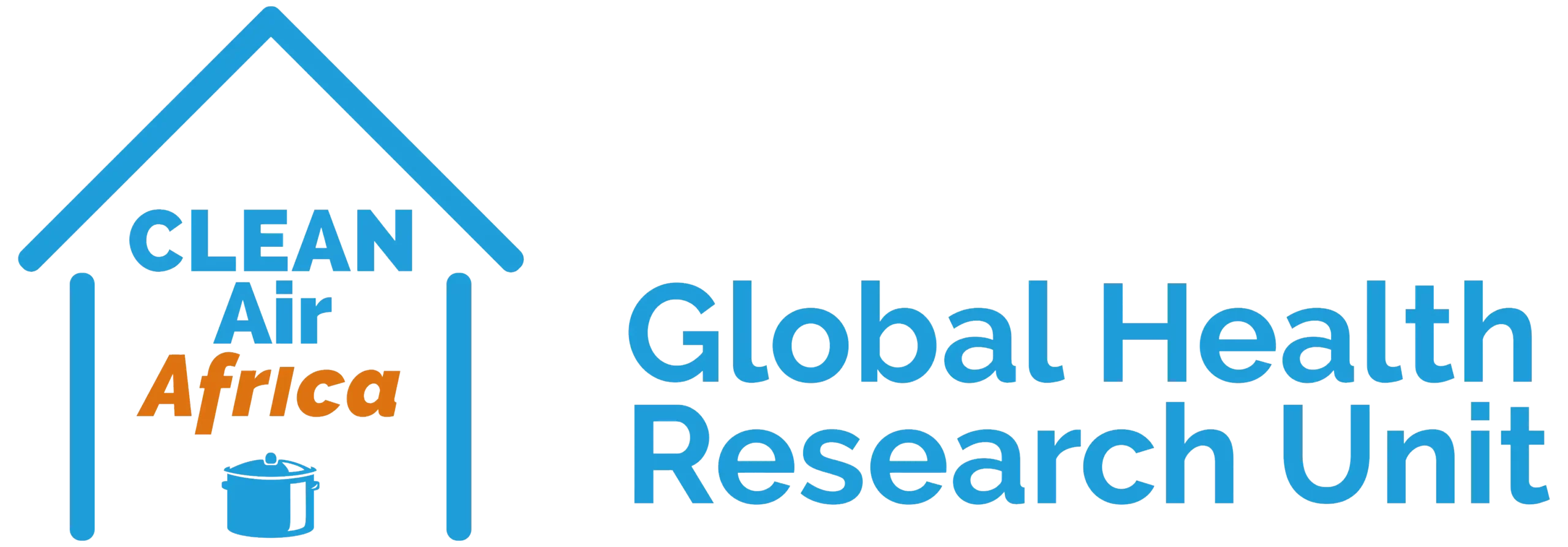Training on Household Air Pollution & Health
Welcome to this online training course that has been designed to provide a brief overview of innovative methods for epidemiological and in-depth qualitative research in the field of household air pollution and health. The course also provides insights into current publishing findings and how to seek funding in this area.
This course leverages expertise from across the CLEAN-Air(Africa) partnership to provide insights into key epidemiological study designs conducted by our research leads – studies which have employed state of the art methods to advance the global health priority of household air pollution.
The course is structured into three distinct sections:
- Household air pollution and health (epidemiology and quantitative methods)
- Qualitative research methods for HAP, health and clean energy
- Processes in successful publishing of papers
Experienced instructors from across the CLEAN-Air(Africa) partnership provide a series of lectures to complement the course.
We hope you find the course informative and value any feedback on its content
Introduction to CLEAN-Air(Africa)
Before beginning the course Professor Dan Pope, Director for the NIHR CLEAN-Air(Africa) Global Health Research Group, describes the significance of household air pollution as a global public health issue and considers the latest evidence on health burden and prevention that has steered the research focus for CLEAN-Air(Africa).
To listen to the presentation please click on the video below.

